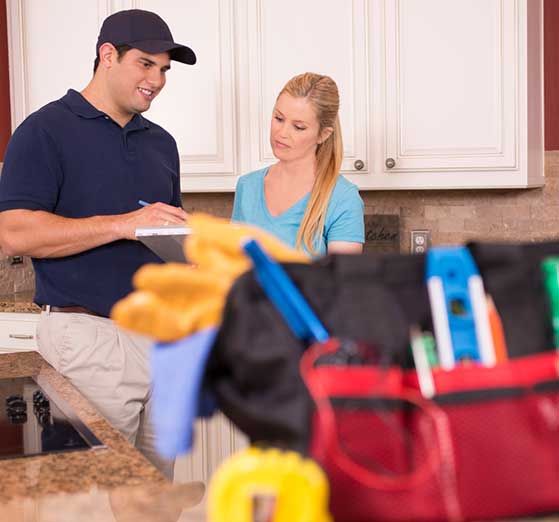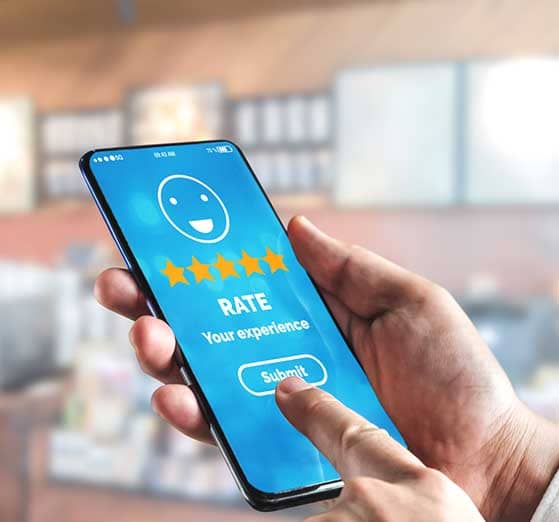
Used strategically, a customer loyalty programme can help you to build a more rounded understanding of your customers’ needs, wants and intentions, but this only occurs when your customer data is mined effectively.
What is data mining and why do we do it?
Data mining is the practice of analysing information databases to generate new insights. When you mine loyalty programme data, you can discover new facts about your customers’ behaviours and wants and use this knowledge to deliver truly personalised rewards programmes: ones that offer goods and services your customers actually want and desire.

How do we mine data?
Crunching the numbers starts by extracting the data from a client; this often comes to us in a variety of ways and from a number of sources. Our initial job is to organise the information in a meaningful way.
Next, we interrogate the data using powerful analysis tools and seek to identify patterns in customer behaviour, such as purchase history, frequency of purchases, and preferred products or services.

Once we have established patterns and segments within the data, we can continue to monitor and collect new data, to deepen our knowledge of each and every customer. We’re constantly looking for relationships within the data that help us to know these customers better. Once we have a critical mass of data, we can start to predict customer behaviours and user predictive modelling tools to highlight the likely success of a campaign before we activate it.
The more data we build up, the more personalised, meaningful, and successful we can make our client’s customer-facing campaigns.
Let’s say, for example, a client decides they want to extract 10% more sales from their biggest customers over a six month period. The first thing we do is identify the segment, then we look at any relevant relationships and behaviours, before modelling what we need to do to deliver the growth. From here, we build targeted communications and offers that we know with a high degree of certainty will motivate our audience to spend more.
Enriching our Data
Data enrichment is the process of adding new information to existing customer data. In the context of a loyalty programme, data enrichment involves collecting data from your customers as they interact with your programme and using these insights to develop their individual profiles.

A loyalty programme can be used to collect data on your customers’ purchase history, their preferred products or services, and their communication preferences. This data can be then used to create targeted marketing campaigns that will resonate with them.
For example, we may see that a customer has been looking at TVs within our loyalty programme. If we want to engage with that programme member and get them to take some action, then rewarding that action with a TV offer would be relevant to them and likely to be highly influential.
Findings from Salesforce research show that 66% of consumers expect companies to understand their unique needs and expectations and 52% expect all offers to be personalised.
Data enrichment helps us to identify trends and patterns in customer behaviour that might not be immediately apparent. It’s an ongoing process of both surveying programme members as well as analysing the data from their actions. We use this information to help clients make more informed decisions about marketing strategies, product development, and customer service approaches.
One Small drip at a time
The drip method is a strategy for collecting customer data over a longer period of time, through a customer’s ongoing interactions with your loyalty programme. Rather than overwhelming new customers with lengthy surveys or requests for huge amounts of information upfront, the drip method involves asking simple, yet targeted, questions over time.

At Incentive Solutions, we use our member care team to ask questions when they talk to programme members. Their responses are added to their profiles, allowing us to gradually build a deeper understanding of members’ wants and needs. Listening to their feedback and recording it within our platform enables us to gain insights into customer sentiment. This information helps inform future behaviours including any potential churn of programme members.
For example, you might set up your loyalty programme to send a customer a short survey after they make a purchase, asking them to rate their experience and provide feedback on specific aspects of the transaction. Over time, the programme might ask additional questions about the customer’s preferences or interests, gradually building a more complete picture of the customer. By asking easy-to-answer, targeted questions over time, your programme can collect more accurate and meaningful data that you can use to improve your customer experience.
Social media: Social media is a powerful tool for engaging with your customers and learning more about them. You can use social media to monitor conversations about your brand and products, respond to customer inquiries and feedback and share relevant content. By engaging with your customers on social media, or at the very least listening in to what they’re saying about you – you can learn more about their preferences and opinions and make sure that you are meeting their needs.
In person interactions: The fact your loyalty programme captures digital data on your behalf every time a customer interacts with your company, doesn’t negate the importance of face-to-face interactions for both relationship building and data capture. In-person discussions are a powerful opportunity to gather customer feedback in real time and witness human reactions for yourself. By engaging directly with customers, you can learn more about their preferences and take your business relationship to the next level.
Dig into the data
If you’re not already using your loyalty programme to learn more about your customers, now is the time to start. At Incentive Solutions, we are specialists in strategic data-led loyalty programmes, with over 25 years’ experience in helping companies grow through industry-leading loyalty innovations that deliver time and again.


